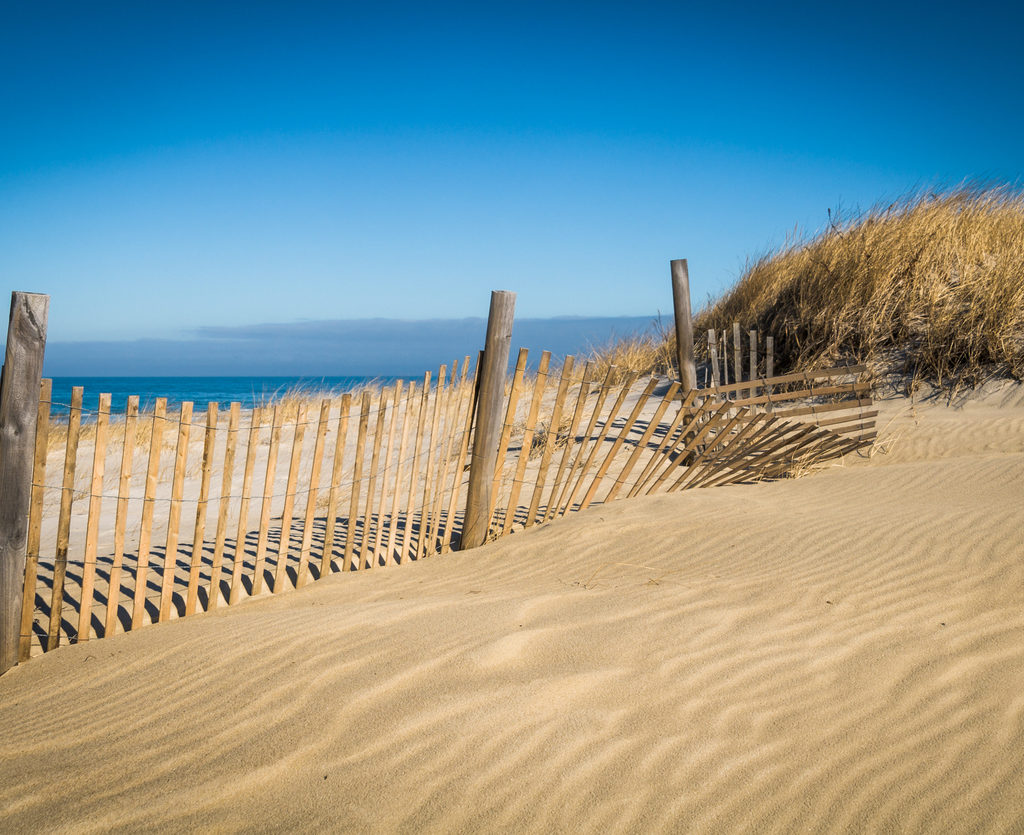Review: The Outermost House: A Year on the Great Beach of Cape Cod, Henry Beston, Pushkin Press.
The arrival of summer may bring with it the anticipation of time on the beach with a book, and what better beach reading than a book about the beach?
The Outermost House is a classic of nature writing (now re-issued). In 1926 Henry Beston spent a year in a cottage he had built on the outer dunes of Cape Cod on America’s east coast, observing the weather, animals and occasional shipwreck. The book is something like an update not only of Henry David Thoreau’s classic book about his cabin in the woods near Walden Pond, but also of Thoreau’s book about Cape Cod.
I’ve long been fascinated by Cape Cod, with its history and beauty. It was the first place the English Pilgrims landed, with a vibrant Indian history before that (but with darker consequences when the two cultures met), a playground for the rich, famous and artistic, a residence for sea captains and an incubator of the science of oceanography (numerous marine study institutions are based on the Cape). It is the epitome of idyllic seaside villages. In summer, that is. In winter much is left to the gulls and roaring wind.
In the introduction to this new edition Philip Hoare, himself a keen observer of the wind and waves, describes the Cape as a frontline of sorts, the first part of land to greet the morning sun and the Atlantic breakers, like the prow of a ship. It is a primal, rugged place, elemental (in a world greatly in need of connection with elemental things, says Benton – this was in 1926, mind you; we need this connection more than ever these days). But it is also ‘paradoxically soft and fragile’, a place forever shifting. Some of us love the seaside for just these qualities that put us in touch with the turning of the world and the seasons and put our human concerns in perspective.
Benton finds beauty and interest in what might at first seem a stark land-and-seascape. His observations of the world wash back and forth like the waves scrolling up and down the beach. Birds, deer, fish, butterflies, and the gradually shifting location of the setting sun catch his attention. He notes the crest of a dune ‘smoking’ like a volcano as the wind blows the topmost grains into an airborne column. He listens attentively too to the rain, wind, waves and symphony of insect noise that enlivens a summer night. He likes the biblical phrase ‘mighty works’ for God’s creation, which includes both the Milky Way and an ant’s nest.
It’s not too much of a stretch to say that his writing is reverential. To contemplate the night sky is, he writes, to consider religious questions, and his observations of our planet’s journey through the cosmos are akin to metaphysical poetry, lyrical and philosophical.
His philosophy is born of experience not theory. He says that thinking of nature as cruel indicates too much time spent with one’s head stuck in books rather than outdoors. He, rather, thinks of the energy, cooperation, interconnections and astonishing complexity, even just in the space where water meets sand. His bright outlook extends to the human, even though he lived through the frontline horrors of World War I, as he observes a rare, lone swimmer. The human body too is a marvel of nature, one of God’s mighty works.
Nick Mattiske blogs on books at coburgreviewofbooks.wordpress.com













